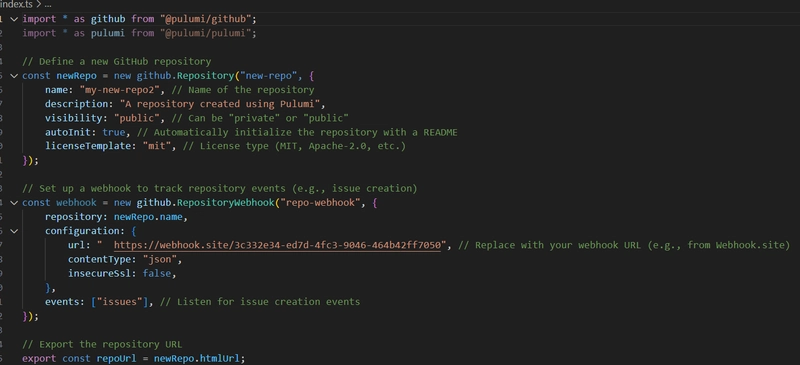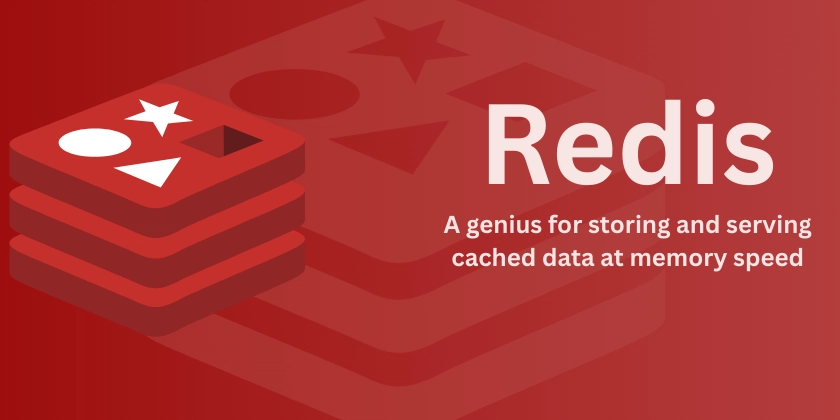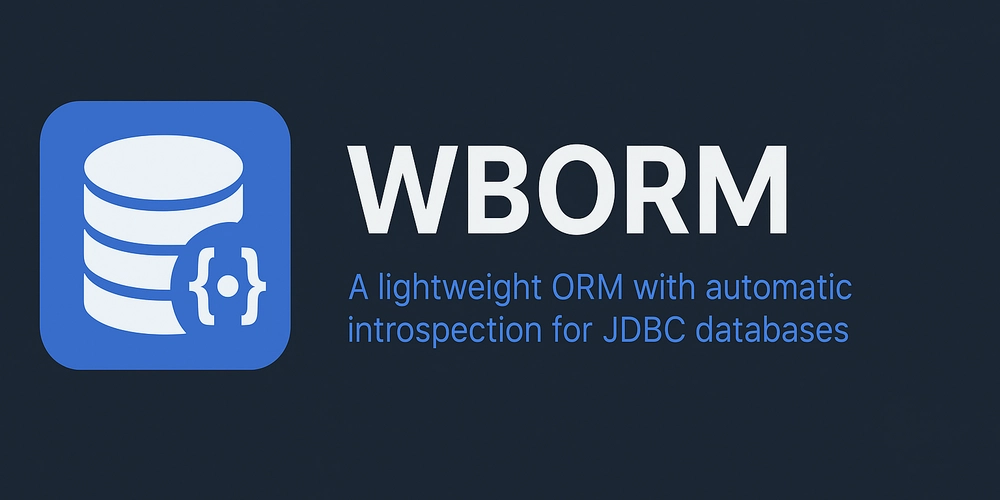The Application of Java Programming In Data Analysis and Artificial Intelligence
The Role of Java Programming in Artificial Intelligence and Data Analytics Introduction Artificial Intelligence (AI) and Data Analytics have revolutionized industries by enabling intelligent decision-making, automation, and predictive modeling. Java, a versatile and widely used programming language, plays a crucial role in AI and data-driven applications due to its robustness, scalability, and extensive ecosystem of libraries and frameworks. This article explores the significance of Java in AI and Data Analytics, its applications, advantages, and challenges, and how it continues to shape the development of intelligent systems. Why Java for AI and Data Analytics? Java has established itself as a powerful language in AI and Data Analytics due to the following reasons: ✅ Platform Independence – Java’s “Write Once, Run Anywhere” (WORA) feature ensures seamless deployment across various platforms. ✅ Scalability & Performance – Java’s efficient memory management, garbage collection, and multithreading capabilities make it suitable for AI applications handling large datasets. ✅ Security Features – Built-in security mechanisms like authentication and encryption are critical for processing sensitive AI-driven data. ✅ Big Data Integration – Java works seamlessly with frameworks like Apache Hadoop and Apache Spark, making it a preferred choice for big data analytics. Key Java Frameworks and Libraries for AI and Analytics Java’s powerful ecosystem offers numerous frameworks and libraries that facilitate AI and data analytics development:

The Role of Java Programming in Artificial Intelligence and Data Analytics
Introduction
Artificial Intelligence (AI) and Data Analytics have revolutionized industries by enabling intelligent decision-making, automation, and predictive modeling. Java, a versatile and widely used programming language, plays a crucial role in AI and data-driven applications due to its robustness, scalability, and extensive ecosystem of libraries and frameworks. This article explores the significance of Java in AI and Data Analytics, its applications, advantages, and challenges, and how it continues to shape the development of intelligent systems.
Why Java for AI and Data Analytics?
Java has established itself as a powerful language in AI and Data Analytics due to the following reasons:
✅ Platform Independence – Java’s “Write Once, Run Anywhere” (WORA) feature ensures seamless deployment across various platforms. ✅ Scalability & Performance – Java’s efficient memory management, garbage collection, and multithreading capabilities make it suitable for AI applications handling large datasets. ✅ Security Features – Built-in security mechanisms like authentication and encryption are critical for processing sensitive AI-driven data. ✅ Big Data Integration – Java works seamlessly with frameworks like Apache Hadoop and Apache Spark, making it a preferred choice for big data analytics.
Key Java Frameworks and Libraries for AI and Analytics
Java’s powerful ecosystem offers numerous frameworks and libraries that facilitate AI and data analytics development:












































































































































































![[The AI Show Episode 142]: ChatGPT’s New Image Generator, Studio Ghibli Craze and Backlash, Gemini 2.5, OpenAI Academy, 4o Updates, Vibe Marketing & xAI Acquires X](https://www.marketingaiinstitute.com/hubfs/ep%20142%20cover.png)



























































































































![[FREE EBOOKS] The Kubernetes Bible, The Ultimate Linux Shell Scripting Guide & Four More Best Selling Titles](https://www.javacodegeeks.com/wp-content/uploads/2012/12/jcg-logo.jpg)



![From drop-out to software architect with Jason Lengstorf [Podcast #167]](https://cdn.hashnode.com/res/hashnode/image/upload/v1743796461357/f3d19cd7-e6f5-4d7c-8bfc-eb974bc8da68.png?#)






































































































.png?#)




.jpg?#)































_Christophe_Coat_Alamy.jpg?#)






































































































![Rapidus in Talks With Apple as It Accelerates Toward 2nm Chip Production [Report]](https://www.iclarified.com/images/news/96937/96937/96937-640.jpg)









































































































































